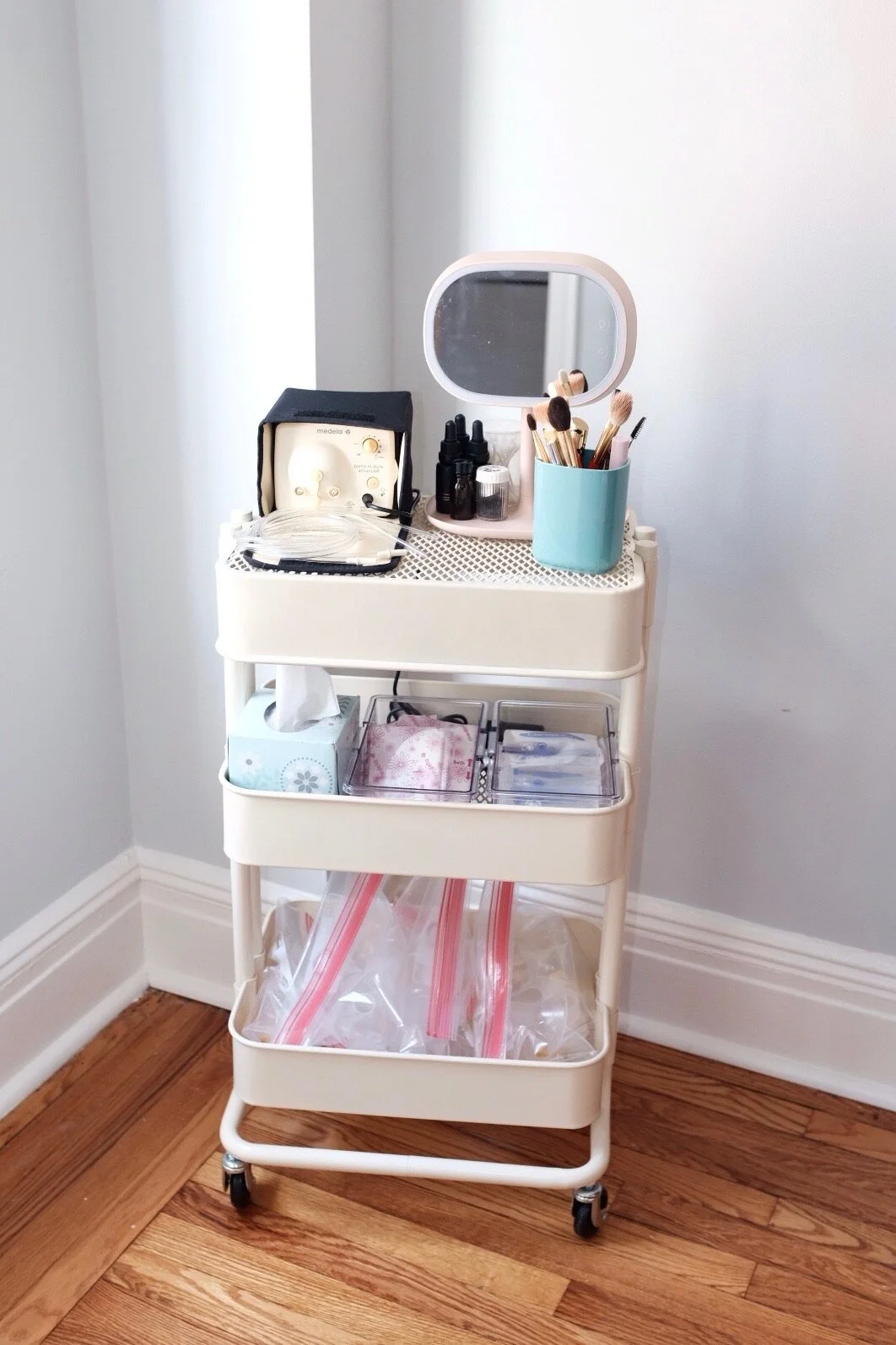A Brief Article To Calm Your Breastfeeding Woes
Mother and Child (1904) by Janis Rozentāls from Latvian National Museum of Art
Every few months, a friend of mine becomes a new mom. Some of those friends make the choice to exclusively breastfeed. Inevitably, when I check in and ask the breastfeeding adjustment, I get a somewhat melancholy response expressing the confusion and frustration that every nursing mom feels during the beginning of the journey.
Breastfeeding is really hard. It’s hard for every single one of us. It’s a learning experience for both the mother and the baby, and it takes some time to figure it out. It’s normal to worry if your baby is getting enough milk, and it’s normal to question if you are doing it correctly.
I’m not a doctor, and I’m not a lactation consultant, but I’ve been successful with extended nursing through a lot of research, trial and error, so I want to share some of the things that I’ve learned along the way. Before I continue, however, I want to clearly state that “FED is best.” If your body doesn’t produce enough milk, you experience complications, you prefer formula, or dislike like breastfeeding, you child will be just fine! This is one of the many decisions you will make as a mother, and you should proudly trust your instincts.
If you do intend to breastfeed, you will want to be sure that both you and your partner advocate for yourselves loudly and proudly in the hospital. It’s important to put the baby on your breast as soon as possible to stimulate milk production, so let the doctors, nurses, and support staff at the hospital know your plan during the delivery process.
Another thing you will want to do is request a visit from the staff lactation consultant to your hospital room. Make sure you ask every attending nurse, and let them know that you apologize if its repetitive, but you really want it to be a priority. If you are given a phone number for the lactation consultant at your hospital tour, call as soon as you can after delivery to schedule a visit yourself.
That said, you should choose and purchase some “backup” formula before delivery. Your hospital may not carry the type that you want to use, so you may want to pack a small amount in your hospital bag just in case. I did a good bit of research, and chose Baby's Only Organic as my backup formula. There are so many options on the market, so it will be easy to find one that feels right for you and your baby.
Be prepared to hold your ground at the hospital if you want to exclusively breastfeed. I had to be very firm with one of the visiting pediatricians at the hospital who tried to push me into using formula even though my daughter was very far from losing 10% of her body weight. On that note, don’t assume that every doctor and nurse is an expert on breastfeeding. You will hear many conflicting opinions, and sadly, even some incorrect breastfeeding information from medical professionals. Do the research yourself, and find a pediatrician and OB/GYN who is truly knowledgable about the process.
Remember that your milk will not come in for a few days after delivery, and maybe a little later if you have a Caesarean delivery. You can pump at the hospital to try to stimulate milk production, but the best possible practice is to have the baby at your breast. If exclusive breastfeeding is your goal, try to nurse instead of pump whenever you can, and remember that supplementing with formula to replace a feeding will negatively affect your supply. Be firm if a doctor or nurse suggests that you supplement with formula if your baby is on track with weight. The baby will increase your supply by nursing, and you will make milk that is right for your child.
I was lucky to have a helpful lactation consultant visit the morning after the birth of my daughter, but this video from The Yellow Nursery on How To Get A Good Latch Every Single Time was hands down the most helpful thing for me on my breastfeeding journey. It helped me understand the importance of the position of the baby’s tongue when latching. Watch it before you deliver, bookmark it for your (inevitable) breastfeeding meltdown, and to share it with your newly breastfeeding friends.
Another great resource is Dr Jack Newman, the chief pediatrician from the International Breastfeeding Centre. He is one of the world’s leading researchers on breastfeeding and breastmilk. He has a Facebook page where he shares science based information and opinions on current medical events, procedures, medications, and illness as they relate to breastfeeding. He is the author of Dr. Jack Newman’s Guide to Breastfeeding which serves as an excellent companion to the breastfeeding journey.
It’s natural to feel some nipple pain in the beginning and it’s important to be prepared for that. I tried a few nipple cream product, and even though I had initially chosen Mother Love Nipple Cream because I liked the ingredients, it turned out that my daughter was rejecting the taste. I switched to All Good Organic Coconut Oil Skin, and had much better results—and my nipples were immediately healthier. I also found it to be more convenient than lanolin, as it’s not necessary to clean coconut oil off of the nipples before nursing. I would recommend filling little travel containers with coconut oil, and placing them near your nursing areas and outside of your bath or shower. It will make a huge difference! Don’t forget to pack some in your hospital bag as well. Try to avoid using nipple shields, as many breastfeeding experts believe they disrupt the natural process of nursing.
Your water intake will become a very important part of milk production. I found it to be helpful to fill several water bottles in the morning and strategically place them in nursing areas beforehand. Water helps to maintain your milk supply, so hydration is key.
Lactation cookies are delicious, but time consuming and pricey. I found that eating organic instant oatmeal every morning was just as tasty and effective. Supplements are also a great way to make sure your body has what it needs to build a good milk supply. I like the New Chapter Perfect Postnatal Multivitamins, which contain a healthy blend of easily absorbed vitamins and herbs specifically made for new mothers. I also cannot say enough about the Legendairy Milk Sunflower Lecithin, as it emulsifies the milk, and prevents clogging. (After you have Mastitis or even just a clog—OUCH, you will understand the importance of this supplement.) Also, the Legendairy Milk Instagram account has amazing tips, tricks, and general good vibes and support every day. Follow it!
Lastly, be gentle with yourself as your embark on this journey. It is new territory and it is HARD for EVERY MOTHER! You CAN do this. Set small goals, and extend them if your feel comfortable. I initially had a goal of nursing for 6 weeks. I kept extending my goal, and somehow made it well past 2 years. Do what feels best for you—you know best!
Note: Please only use this article as a guide, and as always, consult your doctor for all specific recommendations!






